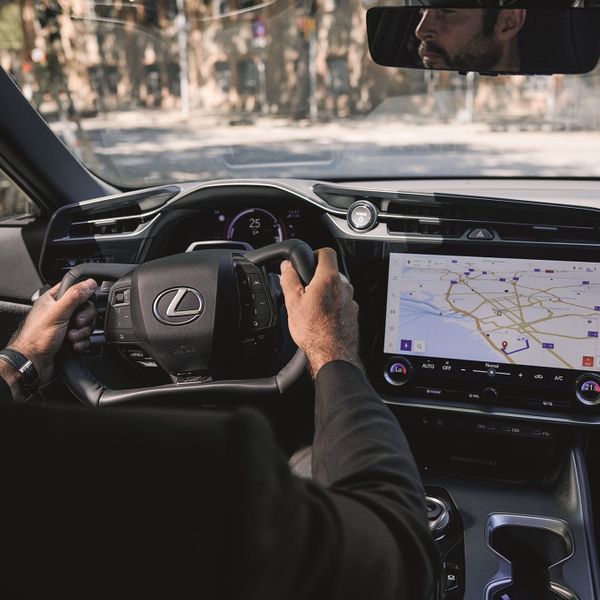As more energy industry observers warn of dramatic increases in energy prices this winter, it’s crucial that electric vehicle drivers ensure that they are on the best possible smart charging tariffs at home, according to experts from smart charger provider Ohme.
Until now, electric car drivers have enjoyed incredible savings compared to driving a petrol or diesel car, but industry experts are now predicting wholesale prices to more than double this winter, raising the Standard Variable Tariff set by Ofgem to around 60 pence per kWh (up from the current 28p/kWh).
Drivers of electric vehicles will be hit especially hard by this increase as it could see their running costs rise dramatically. However, drivers can protect themselves from the worst of the forthcoming rises by charging their car using a discounted off-peak tariff offered by numerous energy suppliers such as Octopus or OVO Energy. To make the most of this, drivers will need to set the timer on their car’s infotainment system, or use a smart charger.
“It’s great that so many drivers have made the switch to an electric vehicle, but if they’re not already on an off-peak tariff, those drivers need to quickly review their options to protect themselves from these future wholesale price rises,” warns Ohme CEO, David Watson. “Our advice at Ohme is to speak to your existing electricity supplier and see if they offer an off-peak tariff. If they don’t, then look at switching suppliers to one that does so that you can off-set the impacts of these significant price increases that experts are predicting.”
If charging an electric vehicle on an off-peak tariff, drivers can still enjoy the benefits of those low running costs that are the equivalent of just 1.9 pence per mile with the likes of Octopus Go at 7.5p/kWh. That means a typical UK driver’s annual mileage of 6,800 miles in an average electric car could cost just £127.50.
By comparison, at the current Standard Variable Tariff of 28p/kWh, that same annual mileage would cost a driver £476. If, as predicted, that standard electricity tariff rises to 60p/kWh, those same 6,800 miles would cost a driver £1,020 – eight times more than on an off-peak tariff.
This is still cheaper than a petrol car however, even though the price of fuel has fallen in recent weeks. According to Electrifying.com’s spreadsheet calculations, an Volkswagen ID.3 driver doing the average 833 miles per month and having to charge at 60p/kWh would still save £27 per month compared to a petrol Golf driver doing the same distance and filling up at £1.72/litre.
Electrifying.com’s founder and CEO said: “Switching to a smart tariff which gives you the cheapest rates is an absolute no-brainer if you have a car or charger which allows you to select your charging times. Even if you don’t you will still benefit if you are charging overnight – just go out and plug in before you go to bed!
“The problem at the moment is that the energy companies aren’t keen for you to change suppliers and tariffs as they aren’t even sure what’s going to happen with the cost of energy. But if you push and nag them they will let you, so just persevere.”
 Plug in before you go to bed, says Ginny
Plug in before you go to bed, says Ginny 











